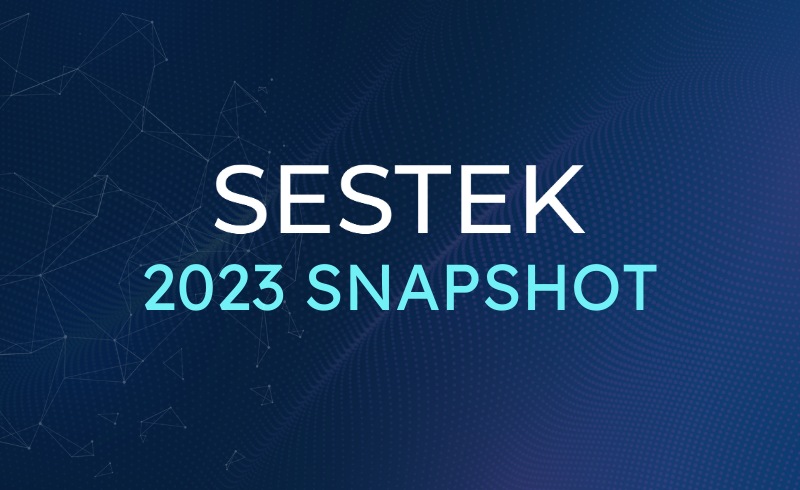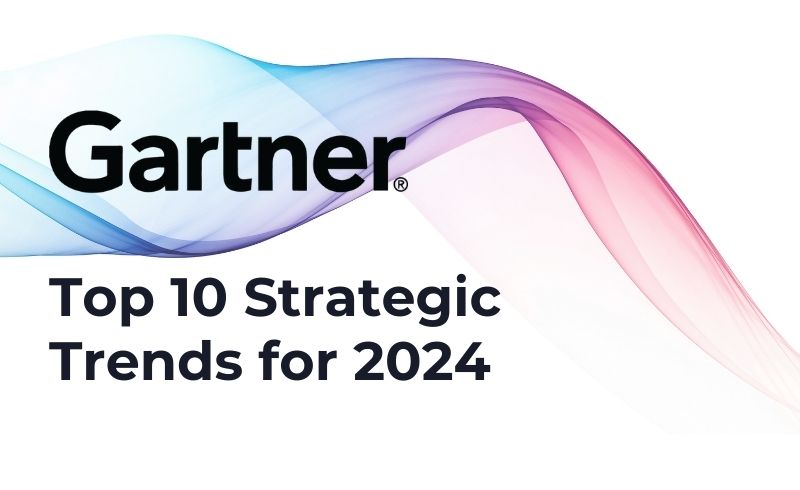Generative AI tools like ChatGPT have become integral to our daily lives. From offering recipes and travel tips to assisting in naming our pets, these tools, also known as large language models (LLMs), play a diverse role in everyday routines. But, when it comes to serious business stuff, using them gets tricky. Can we really trust tools that admit they might mess up, just like the little note under ChatGPT's chat field says: "ChatGPT can make mistakes. Consider checking important information."?
In this article, we'll dive into large language models, exploring their key advantages, potential issues that might arise when relying solely on them for customer service, and practical solutions to maximize their effectiveness.
What is a Large Language Model?
A large language model is a unique type of generative AI that learns how people talk and write. It understands languages and generates human-like text to answer questions in a way that sounds very human. Large language models become indispensable parts of customer services when they are incorporated into conversational AI solutions.
Benefits of LLMs in Customer Services
Large language models function as advanced assistants in customer services, comprehending customer inquiries, addressing questions, and providing solutions. This advanced adaptability and swift learning result in accelerated and more efficient customer service, creating a friendlier atmosphere. LLMs maintain a human touch in interactions, transforming the customer experience into engaging conversations with a knowledgeable associate always ready to assist.
While these benefits make LLMs a promising tool for businesses, particularly those aiming for advanced customer services, the concerns associated with their use in customer services, listed below, indicate that complete reliance might not be advisable.
Pitfalls of an LLM-Dependent Customer Service
While LLMs offer significant benefits, a sole reliance on them poses challenges. Here's why:
Lack of Specialized Knowledge: Generic large language models fall short in scenarios demanding industry-specific insights or company-specific know-how. This could lead to less effective responses to customer inquiries, particularly in interactions where expertise in these specific areas is crucial.
Data Privacy Concerns: Since training LLMs often involves using personal information, data privacy becomes a paramount concern. Ensuring compliance with regulations like GDPR and HIPAA is essential to safeguard sensitive data.
Difficulty in Complex Conversations: LLMs face challenges in handling complex discussions involving context, sentiment, and intent. This limitation impacts their effectiveness in scenarios where detailed and nuanced communication is crucial.
Behavior Changes with Updates: Updates are essential for enhancing LLM performance but may lead to different responses to predetermined prompts. Managing these unexpected changes requires thorough testing and redesign efforts, introducing complexity and effort to maintain system reliability.
Solution: A hybrid model for Industry-Specific Needs
Effective customer service hinges on providing solutions tailored to different customer personas, industry requirements, and contexts. The lack of sector expertise may cause LLMs to fall short, resulting in responses that fail to satisfy customers. Additionally, companies utilizing these technologies lack full confidence in the accuracy and reliability of the dialog flows these systems offer.
The answer to this challenge: A hybrid model that combines industry-specific understanding and sector expertise of SESTEK with the capabilities of generative AI. SESTEK is a pioneer in crafting specialized language models that go beyond the generic. Understanding the unique needs of various industries, SESTEK builds effective dialog flows through extensive interactions with its conversational AI solutions backed by its own core tech and generative AI tech.
Maximizing LLMs to Boost Customer Service
Improving customer service doesn't mean discarding emerging technologies like LLMs; instead, it involves integrating them seamlessly with existing conversational AI systems. Together, they elevate the performance of self-service solutions such as chatbots, voice bots, and voice IVRs, ensuring accurate and robust dialog flows.
SESTEK takes this integration to the next level by harnessing the versatility of LLMs in its state-of-the-art proprietary technologies. For instance, LLMs are crucial in training data augmentation for intent recognition, a core aspect of SESTEK's conversational solutions. Additionally, they summarize chat conversations and simplify the categorization of support requests based on topic, urgency, language, and sentiment. This strategic use enhances the efficiency of contact centers in prioritizing and routing customer inquiries.
By infusing its advanced technologies with the latest developments in large language models, Sestek delivers domain-ready self-service solutions that efficiently combines generative AI technology with its in-house developed, market leading conversational AI products.
How AI Can Supercharge Your Customer Service
Are you ready to revolutionize your customer service using the power of AI and LLMs? Dive into the transformative world of AI's rapid impact on customer services and discover how companies can harness the full potential of LLMs. Unlock invaluable insights by downloading this report by one of the leading research firms, Opus Research.
Click here to view and download the report: Accelerating Impact at Customer Service









